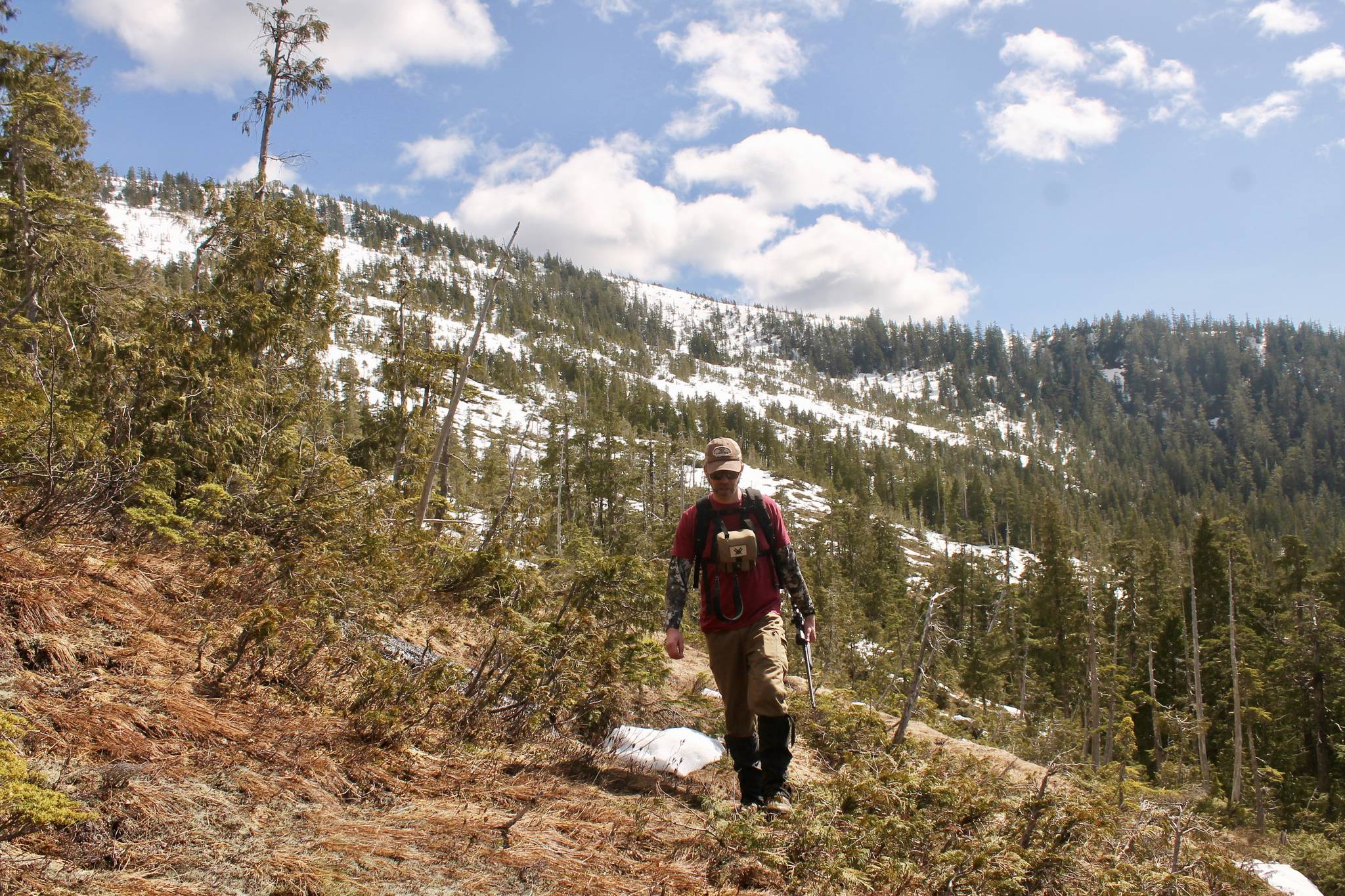Sometimes it seems like I am off topic more than on.
The mission is reading, but since I’m reading about fishing, I end up looking at the words but thinking about fishing and completely missing out on what’s happening on the page.
This is probably part of the goal of an outdoors writer because the audience might enjoy the book thanks to the memories it conjured rather than the words themselves. I have found that there is a place for tangent thinking as long as one realizes and does not assume the author meant the conversation to go there. It is dangerous to mold words to manipulate meaning today because loud mobs are looking to convince you to join their chaos by appealing to emotion in the absence of fortified logic. The recipe is simple, like filling out a political Mad Lib.
“If (insert oversimplified statement about a side with which you disagree), then you’re part of the problem.”
Anyway, with the coming of spring came an impulse to dive back into Thoreau which I do once a year when I feel the need for some Transcendentalism.
While living at Walden Pond, Thoreau wrote:
“The mass of men lead lives of quiet desperation… A stereotyped but unconscious despair is concealed even under what are called games and amusements of mankind.”
On my latest grouse debacle, I thought about that. Was this amusing? Hearing but not finding grouse, again? Who wants to read about how inept I am at finding a bird? Shouldn’t I just move on?
There is an embarrassment of opportunities especially on sunny days. Brook trout at Perseverance Lake? Cutthroat at Connell? Take my skiff to a river with steelhead? Nudge my way into a spot at Grassy Point with all the other anglers trying to catch a bargain steelhead in town?
All of these require effort and offer a bunch of interesting ways to fail. When you go to an amusement park, you pay for a ride. It’s objective. You are paying for an exact result after a fixed duration. It is the job of the ride to entertain, incite thrill, or induce vomiting. Other amusements vary, but require assuming the role of spectator so rather than doing, you’re watching and this is an important distinction. It’s not always a bad thing to be in an audience, but that doesn’t seem like a good recipe for happiness.
Anyway, it’s impossible to know exactly what Thoreau meant and while it’s irresponsible to mold words to mean whatever you want because hearing what you want to hear is one of the reasons so many people have stopped listening, I can’t help but look at what it is that I do to amuse myself. What am I doing to combat the emotional and psychological strain of being an ever-aging human in a broken world? Is waking up sore after hiking around mountains my revolt against a quiet life of desperation?
I do know that I am much more likely to tell the story of the grouse-less spring much more than that time I went skydiving.
• Jeff Lund teaches and writes out of Ketchikan.

